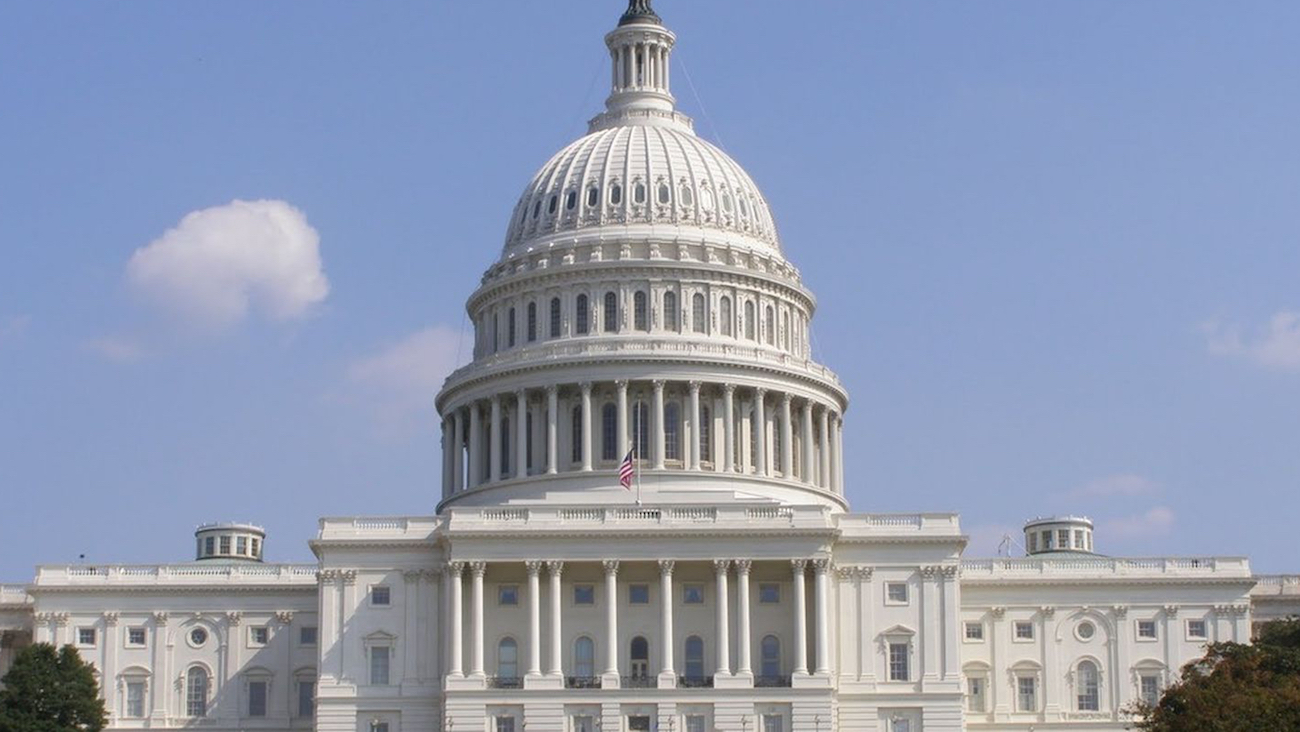Our Congress operates without a balanced budget. In fact they operate without a budget at all. Congressional bills and spending authorizations flow through the House and Senate and decisions are made on each— independent of any reference to incoming tax revenue. The Federal budget which is submitted annually by the President by the first Monday in February is supposed to be the framework for discussion and debate by the Congress to formulate a budget plan to manage the country for the next fiscal year. Congress is supposed to respond with spending appropriation bills that go to the President by June 30th. The President has 10 days to reply. The deadline for budget approval is September 30th. If the budget isn’t approved, the government can shut down.
Sadly, recent Presidential budgets have been hopelessly out of balance. This year, FY2017, the Federal budget is estimated to have a deficit of $603 billion dollars. In other words the budget proposes to spend $603 billion dollars more that it is projected to bring in! Part of the budgeting process is to forecast budget estimates out five years. The FY2018 Federal Budget forecasts deficits at about $500 billion dollars per year through FY2022.
The key issue in understanding the deficit spending is to understand the three entitlement programs: Social Security, Medicare, and Medicaid. Together, they consume $2 trillion federal dollars each year! In fiscal year 2018, the federal budget is estimated to spend $4.094 trillion dollars while taking in $3.654 trillion dollars in revenue. That creates a $440 billion dollar deficit from October 1, 2017 through September 30, 2018. The three entitlement programs consume 62% of the federal budget – Social Security at $1.005 trillion dollars, Medicare at $582 billion dollars and Medicaid at $404 billion dollars. Congress obviously has no plans to address any of these programs in the near future.
Two other areas compound the problem: interest on the national debt is $315 billion dollars and interest rates are rising causing the government to borrow more money to meet its debt obligations. Social Security is projected to cover only 77% of the benefits promised to retirees by 2036 when the Trust Fund surplus will be depleted. Medicare is already underfunded. Medicare taxes don’t pay for all the benefits so the program relies on tax dollars to pay a large portion. Medicaid is 100% funded by the general fund. The 38% of the federal budget that is left after the entitlement programs have been covered has to cover major spending such as the military at $824.7 billion and seven other major federal agencies. Unless the current spending is modified or reduced, deficits will continue for decades.
Obamacare was never affordable to start with. When it was passed, The Congressional Budget Office estimated that the federal government’s share of the cost for the Affordable Care Act during its first 10 years would be $940 billion dollars against $409.2 billion dollars of incoming revenue. Even after the program was fully implemented there would still be 23 million uninsured people left without insurance. No wonder our Congressional leaders cannot agree on a replacement program for Obamacare without a massive change in spending or a reduction in services.
Will Congress pass any tax reform legislation? I doubt it. If we are running a deficit of roughly $500 billion dollars under our current tax system, any tax reduction will result in a larger deficit. Forget this political verbiage about stimulating the economy resulting in more taxes being paid to Uncle Sam. Hasn’t worked in the past. Many people may use any tax reduction to pay off old debt or set aside money for their retirement. That is if they have any money left after they pay their mortgage or rent, student loans, auto loans, and living expenses. With over 46 million Americans on Food Stamps and 94 million Americans out of the job market, our country faces challenges that never existed in the past.
With a divided Congress and a rising federal debt, we are faced with the worst financial situation our country has faced in years. Our $20 trillion dollar national debt is unsustainable in the long run. Interest on this debt is projected to rise in the coming years with interest rates moving up. There will be little or no progress until our Congressional leaders finally realize that unless they work together, nothing will be accomplished, daily chaos will ensue and most of them will fear running for reelection.









Since when is Social Security an ‘entitlement’?